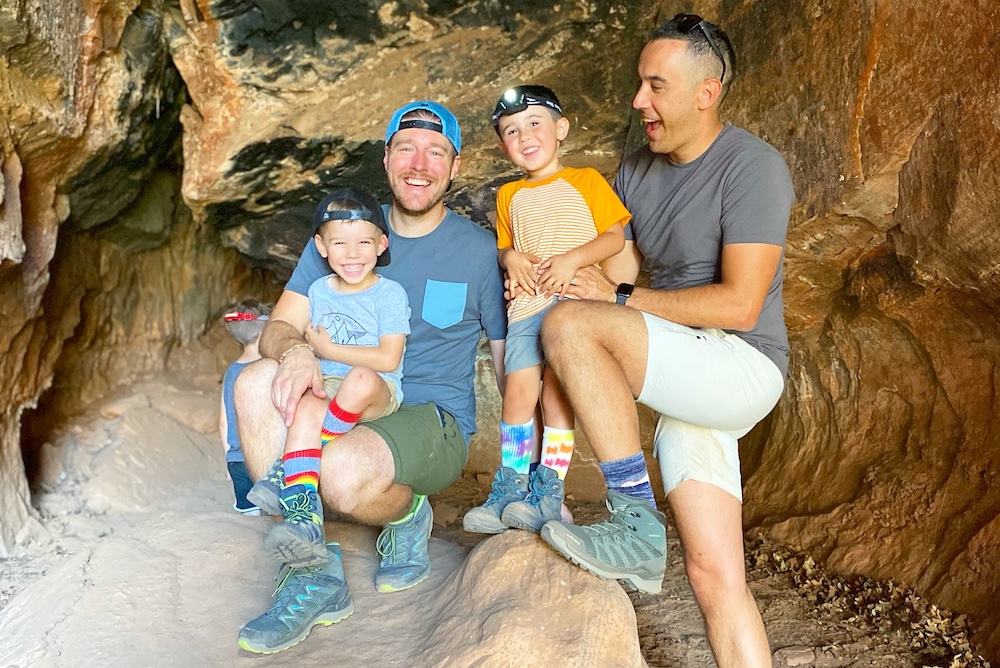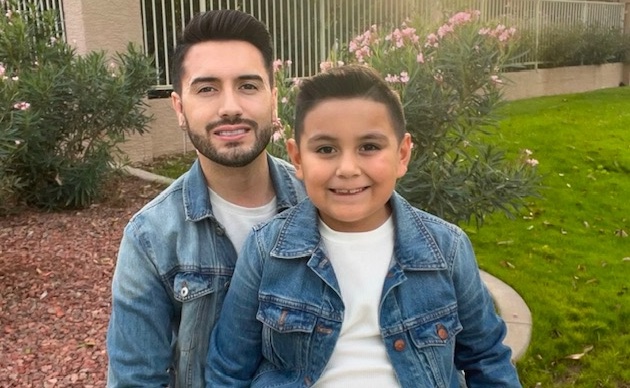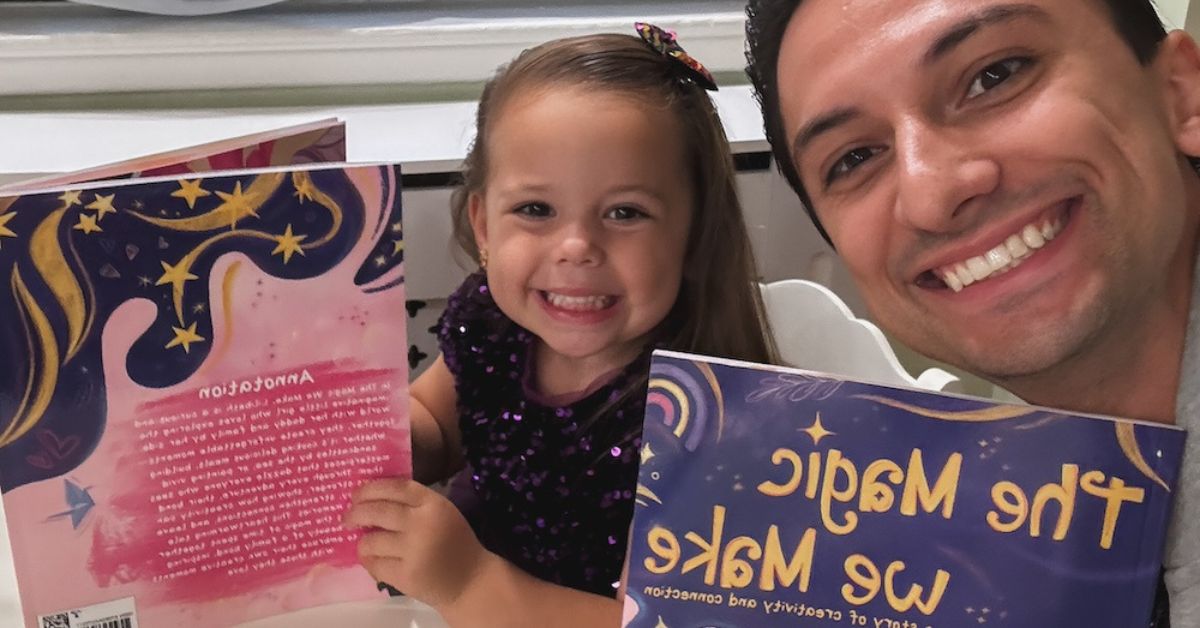What would you do if your partner was in a serious accident—God forbid—and couldn’t perform sexually? Never given it much thought? Neither had I, but I was confronted with this exact situation recently during a consultation with a client. He chose to be faithful and abstinent, minus masturbation—for 30 years. No sex. No sexual intimacy or mutual sexual expression. Wow!
The kicker was when I asked him if he missed it. Did he want it? His response was “every single day!” My follow-up question was had he ever, in these 30 years, communicated his desires to his partner? Or had his partner ever asked him how he felt about this essential piece of their relationship so tragically ceased? His response: “Not once.”
When I first started thinking about writing this piece on open relationships, I immediately considered the sexual aspect and all the implications that arise from that dynamic. What does this mean for a relationship, in the short and long term? How might it help or hinder the primary connection? Open relationships aren’t for everybody, but if you’re considering it, there are some important factors to contemplate.
But before we get to the meat (no pun intended) of how to minimize risk, I do want to mention that my definition of open relationships has changed over time, especially since becoming a father; it’s much broader than my initial thoughts.
An open relationship, in my mind, allows a father to strip away that title momentarily, becoming an untethered individual able to be alone, to have separate friends, and to be free for even a fraction of time—and, of course, sexually “open,” if that is what is desired. But just as my client’s story outlined, most of us miss the mark when it comes to exploring this dynamic in a healthy way. Communication is key, boys!
The key to opening is to firstly be in a stable place in one’s relationship, especially after having kids. It’s essential to take time for self-reflection. We forget what it is like to be alone, to make last-minute decisions, or just focus on yourself. It’s certainly my belief that maintaining a level of independence, however you deem suitable, fosters healthy relationships.
Many clients ask for my professional advice on the sexual aspect of opening up their relationship, and I always share the importance of minimizing overall risk of both physical and mental ailments, and addressing the changes that can occur in relationship dynamics.
Opening up
If after careful thought and introspection, your desires and wants are not being met on the sexual front or you want to expand those desires, then an open and honest dialogue needs to be initiated. Taking on new encounters without full disclosure will not only negatively impact the relationship you both have worked so hard to build, but can also trickle down and affect your children. It’s always hard to gauge what your significant other will think about this revelation, but I do believe in being honest and considerate of your significant other’s feelings and expectations. Frank discussions are prudent to long-lasting relationships and mental well-being, and once an understanding has been reached, boundaries and guidelines need to be defined.
HIV/PREP
It’s important to be honest with yourself about the risk you may be exposing yourself to with an open relationship; the last thing anyone wants is to bring something back into your primary relationship. Truvada, aka PrEP, certainly has a place in assisting with risk reduction–to be able to take HIV largely off the table with your encounters is such a huge burden lifted, especially if you are the receiver.
People can’t always be trusted to fully disclose their status and overall counts, and some don’t even know they are positive. For this reason, using physical protection such as condoms is still so important and mitigates the overall risk of contracting other sexually transmitted diseases as well. I wholeheartedly recommend using condoms in conjunction with PrEP.
I see so many clients with many diverse experiences, and my honest opinion is PrEP should a high priority when opening a relationship. For the most part, it is well tolerated and it places individuals into a three-month pattern of STD screenings, which I am a big supporter of.
STIs
We all know it, but here’s a reminder: Wrap it, or make sure he is using protection when you are bottoming! Medical professionals are seeing a huge spike in STIs in relation to PrEP usage; there’s a misconception that taking PrEP gives the green light to pass on condoms. We are far from invincible on this medication, and Gilead (the pharma company that makes PrEP) did not intend to make a drug that would allow everyone to go without condoms. Choose your partners wisely, make sure everyone is practicing safe sex, and include regular three-month STD screening programs with your primary physician to lower overall risk.
HPV and Vaccination
Most sexually active people will contract or already have the HPV virus, but because there are so many strains you may want to get tested to determine which type you have, if any. Testing also helps to prevent or lower the risk of anal cancer. There is a vaccine available for males aged 26 and over that prevents contraction of nine different strains. If one is negative for high-risk markers, specifically HPV 16 and 18, and you are opening up the relationship where you will be the receiver, the vaccine may prove beneficial in lowering the risk of contraction. I recommend visiting a primary care professional you trust to discuss the vaccine’s benefits and if it is right for you.
STD positivity
If you develop any STD symptoms, early screening, detection, treatment, and disclosure for all parties involved is paramount. Everyone should get checked and treated, and you should have a post-exposure discussion to reduce risk for subsequent encounters. It is highly likely that an STD will enter the relationship if you are sexually active with multiple partners and not consistently using protection. It’s wise to plan for this possibility in the initial discussions of opening, and determine what corrective action will be taken. Full disclosure and mature planning allows for fruitful play!
Mental
The hardest part can be anticipating the relationship changes that come with the decision to open a relationship. It can be difficult to navigate these uncharted waters and exploring this new dynamic can potentially either strengthen or erode a relationship. Jealousy, risk management, and boundaries are three components that need constant tweaking to optimize. Frank discussions are the key and it’s important to not get discouraged by any bumps in the road. Some couples choose to attend couple’s therapy to help through the process.
After seeing the client I mentioned earlier for a follow-up visit, he had some positive news to share. After our discussion of his unique situation, he finally had the courage to communicate his bottled-up feelings to his partner, who was beyond supportive of opening their world, satisfying a much-needed desire and contributing to my client’s mental and sexual wellness. Boundaries and limitations were set and open lines of communication were fostered, truly allowing their relationship to evolve. Better late than never!






